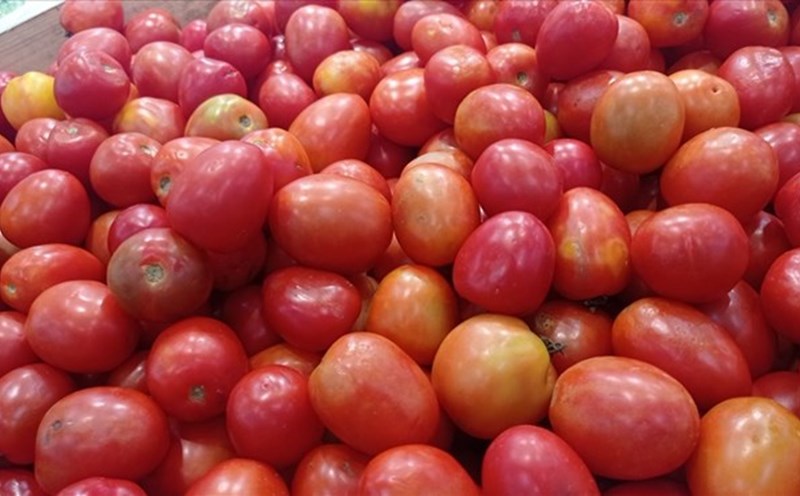Oranges and orange juice are best known for their vitamin C content, but they are also a rich source of potassium.
A large orange (184 g) provides 333 mg of potassium. In addition, 1 cup (240 mL) of orange juice contains about 458 mg of potassium.
With such a quantity of potassium, people with kidney disease should avoid or limit their use.
Instead, people with kidney disease can use other fruits as a substitute, such as: Grapes, apples and cranberries (as well as the juice of these fruits) are good alternatives to oranges because they contain less potassium.
According to healthline.com, if you have kidney disease, it is very important to control the amount of sodium, potassium and phosphorus taken into the body. Foods with a high content of these substances include: carbonated soft drinks, brown rice, bananas, processed meats and dried fruits.
Following a kidney-friendly diet and avoiding or limiting certain foods can help reduce waste accumulation in the blood, improve kidney function and prevent further damage.










